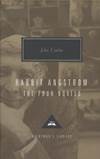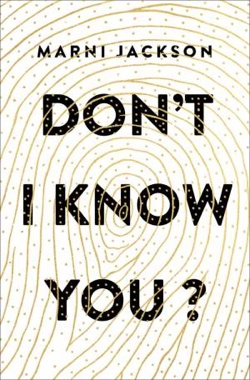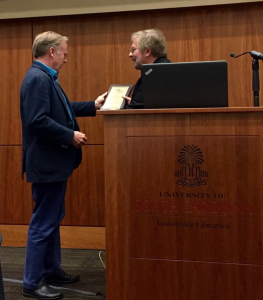In the past, The Robert and Adele Schiff Family Foundation had donated the money that enabled The John Updike Society to purchase the home at 117 Philadelphia Ave. in Shillington, where the Pulitzer Prize-winning author spent his first 13 years, and since then the foundation has contributed annually to help cover the costs of repairs, restorations, and maintenance.
This year’s donation provides a substantial increase—$280,000—for continued work on the house restoration, as well as $30,000 to be applied toward annual expenses, $50,000 “untouchable” money to grow an endowment that will help fund annual expenses well into the future ($1.5 million is needed, at bare minimum, to fund annual expenses moving forward), and $20,000 for a new initiative to help fund travel to the Fifth Biennial John Updike Society Conference in Belgrade, Serbia.
Details on the travel grants will be announced in a future post and email to members.
 The donation allows work on the house—which had temporarily stopped, due to a lack of funds—to proceed again, and the crew from R.J. Doerr has already begun tearout work in the kitchen and second-floor sleeping porch. Workmen found more marbles that had fallen from their Black Room hiding place under floorboards, and also found the “footprints” of the original cabinets, stove, and sink. Anyone who took a tour of the house and walked onto the second-floor porch and noticed how “spongey” it was will not be surprised to learn that the wood is rotted and that the porch needs to be completely rebuilt, for safety’s sake. That work proceeds now.
The donation allows work on the house—which had temporarily stopped, due to a lack of funds—to proceed again, and the crew from R.J. Doerr has already begun tearout work in the kitchen and second-floor sleeping porch. Workmen found more marbles that had fallen from their Black Room hiding place under floorboards, and also found the “footprints” of the original cabinets, stove, and sink. Anyone who took a tour of the house and walked onto the second-floor porch and noticed how “spongey” it was will not be surprised to learn that the wood is rotted and that the porch needs to be completely rebuilt, for safety’s sake. That work proceeds now.
The John Updike Childhood Home has been ruled eligible to apply for the national register of historic places, and the application process as well as a separate application for a historic marker are also moving forward.
The society is grateful to The Robert and Adele Schiff Family Foundation for their continued support. Pictured is the restored parlor and living room.
Donors are still sought for other aspects of the complete restoration—which will include planting privet around the perimeter of the property, re-doing and expanding the parking area, and changing the landscaping to incorporate elements from Updike’s childhood—and sponsoring/supporting exhibits to be placed inside the museum. An archivally safe exhibit case costs $2,000 and up, depending on size, and the goal is to place exhibits in cases in every room and on every level. Corporate and foundation sponsors are especially sought to sponsor exhibits. Contact James Plath (jplath@iwu.edu) if interested in helping.
 In a pre-election piece written for The New Yorker’s Life and Letters section (October 31, 2016), Thomas Mallon considers “2016: The Novel” and mentions Updike in the process.
In a pre-election piece written for The New Yorker’s Life and Letters section (October 31, 2016), Thomas Mallon considers “2016: The Novel” and mentions Updike in the process.







